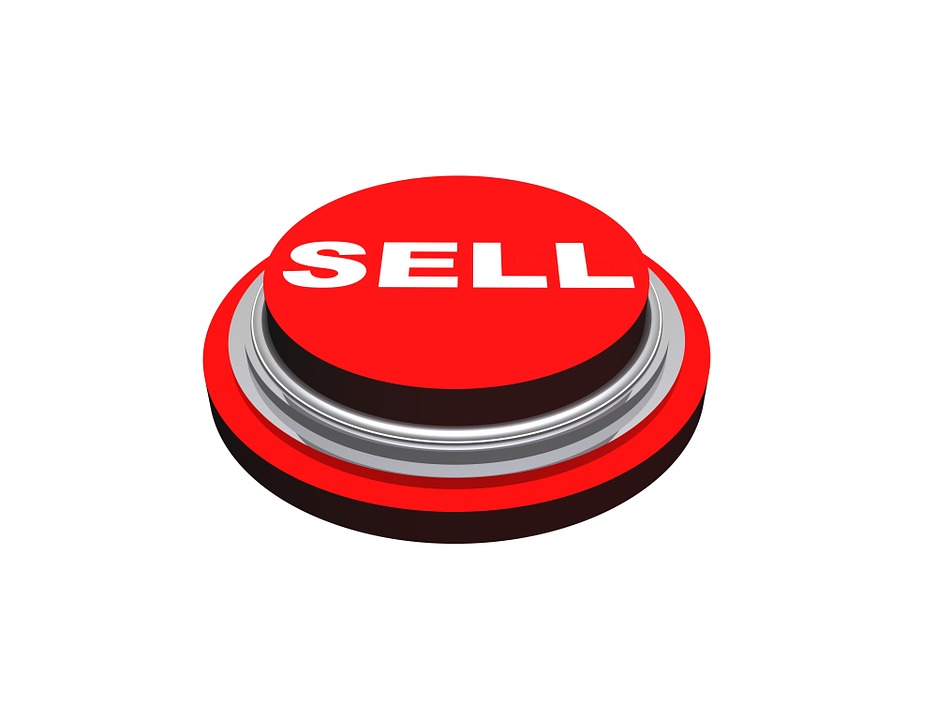Many of our clients that went to China years ago to have their products made there are now interested in selling those same products within China. One way to do that is to form a WFOE for selling the products, but oftentimes the cost and the hassle of doing that is not worth it, especially since there are other ways.
Foreign companies often ask our China lawyers how they can sell in China the products they are having made in China, without having to set up a WFOE. These foreign companies typically want to buy their own products from their Chinese manufacturer and then resell those products to a Chinese distributer or directly to Chinese end users.
Two big issues arise from this. One, that VAT will need to be paid for both sales — from the manufacturer to our client and then again from our client to the distributer or end user and, two, that a WFOE will almost certainly be required.
The key in these situations is to avoid having the foreign entity deal directly with the distributor. Typically the best way to do this is to have the sale made from the Chinese manufacturer to the distributor. The goal is to set up a system where 1) the foreign company earns a profit, 2) tax is paid on that profit, 3) the product is transferred to the distributor in way that provides for proper payment of VAT and proper credit for value of the goods for the subsequent payment of VAT by the distributor, 4) title to the goods transfers properly and 5) the foreign company remains in control of the process.
We usually handle these deals as follows:
1. The foreign company and the Chinese manufacturer enter into a manufacturing agreement that protects the foreign company’s intellectual property and deals with all other related manufacturing issues.
2. The foreign company enters into a separate license agreement with the manufacturer that provides for the manufacturer to sell the product within China to entities (distributors) selected by the foreign company. The sale to the distributor is made at an agreed price that includes profit to the manufacturer and a payment to the foreign company. We have characterized the payment to the foreign entity in various ways. In some cases, we characterize it as a license royalty, in other cases we characterize it as a sales agency fee. The characterization can also influence whether the agreement must be filed with the Chinese government, and where.
This method has worked well, but note the following:
- The exact method used depends on the location of the manufacturer and the distributor. Different localities have different rules. We make it a point to speak with the appropriate government officials before we draft anything.
- How to characterize the payment to the foreign company is critical and depends on the facts of the specific case.
- The manufacturing agreement can be simple or complex, depending on the nature of the product being produced.

























